Home>Garden Essentials>How Long Does It Take For Bent Grass To Germinate
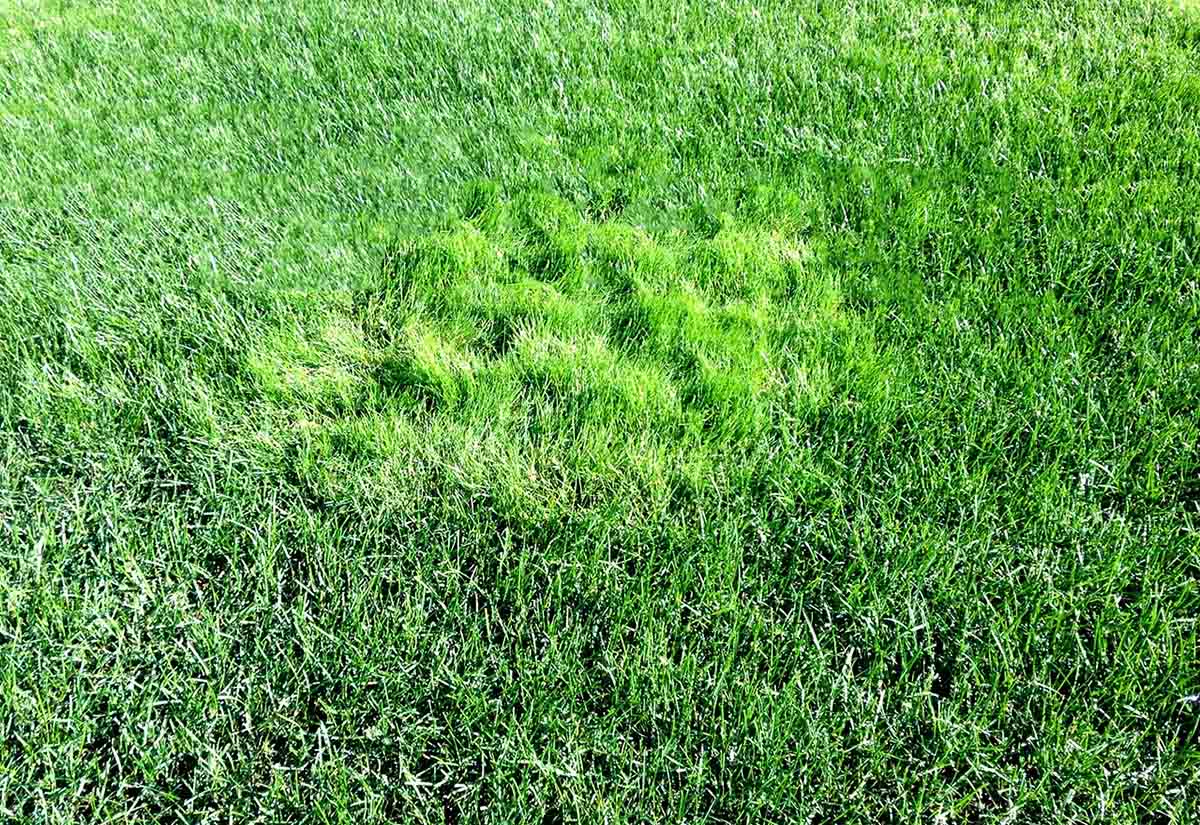

Garden Essentials
How Long Does It Take For Bent Grass To Germinate
Modified: March 16, 2024
Learn about the germination time for bent grass in your garden. Discover how long it takes for this grass variety to sprout and grow.
(Many of the links in this article redirect to a specific reviewed product. Your purchase of these products through affiliate links helps to generate commission for Storables.com, at no extra cost. Learn more)
Introduction
Welcome to the world of gardening, where beauty and nature come together to create stunning landscapes. If you’re passionate about maintaining a lush green lawn, you’re probably familiar with the struggle of growing grass from seed. Among the various types of grass, bent grass is a popular choice for its fine texture and ability to withstand heavy foot traffic. But how long does it take for bent grass to germinate? In this article, we will explore the factors that affect bent grass germination, ideal conditions for germination, the average germination time, and some tips for promoting successful bent grass germination.
Bent grass, scientifically known as Agrostis, is a cool-season grass that thrives in temperate climates. It is commonly found on golf courses, sports fields, and lawns due to its ability to create a dense, green carpet-like appearance. However, before it can transform into a vibrant lawn, bent grass seed must go through the germination process.
Germination is the process by which a seed develops into a new plant. It begins when the seed absorbs water and swells, allowing the embryo within to break through the seed coat. This process is influenced by several factors, including temperature, moisture, soil conditions, and the quality of the seed itself.
To achieve successful bent grass germination, it is important to create the optimal environment for the seed to sprout and grow. Understanding the ideal conditions and knowing how long the germination process typically takes can help you plan and manage your lawn care effectively.
Key Takeaways:
- Bent grass germination takes 10-14 days and is influenced by temperature, moisture, soil quality, and seed viability. Proper care and ideal conditions can promote successful germination.
- To promote bent grass germination, prepare the soil, sow seeds at the right time, keep soil moist, monitor for weeds, and provide proper care for seedlings. Patience and attention to detail are key.
Factors Affecting Bent Grass Germination
Several factors can impact the germination of bent grass seeds. Understanding these factors will help you make informed decisions and take the necessary steps to ensure successful germination. Let’s explore the key factors that affect bent grass germination:
- Temperature: Temperature plays a crucial role in the germination process. Bent grass thrives in cooler temperatures, typically between 60 to 75 degrees Fahrenheit (15 to 24 degrees Celsius). Lower temperatures can slow down germination, while higher temperatures can hinder or even prevent it. It is important to sow the seed when the soil temperature and air temperature are within the optimal range.
- Moisture: Adequate moisture is essential for seed germination. During the germination process, the seed absorbs water and begins to swell, signaling the start of growth. It is important to keep the soil consistently moist but not waterlogged. Drying out the soil can cause the seed to fail to germinate, while excessive moisture can lead to rot or fungal diseases. Irrigate the area regularly to ensure the soil remains moist but well-drained.
- Soil Conditions: The quality and composition of the soil have a significant impact on germination. Ensure that the soil is well-drained and loose to allow for root penetration and air circulation. The pH level of the soil should be slightly acidic to neutral, around 6 to 7. Conduct a soil test prior to planting to assess its nutrient content and make any necessary amendments to improve soil fertility.
- Seed Quality: The quality of the bent grass seed itself is crucial for successful germination. Choose high-quality seed from a reputable source to ensure viability. Look for seeds that are free from weed seeds, disease, and other contaminants. Store the seed in a cool, dry place to maintain its quality before sowing.
- Light: Bent grass seeds do not require light for germination. In fact, they prefer to be covered with a thin layer of soil to shield them from sunlight. Ensure that the seeds are sown at the proper depth to promote germination.
- Weed Competition: Competition from weeds can hinder the germination and establishment of bent grass. Before sowing the seed, remove any existing weeds or vegetation from the area. Apply a pre-emergent herbicide to prevent weed growth and give the bent grass seeds a better chance to germinate without competition.
By considering these factors and taking the necessary steps to address them, you can greatly increase the chances of successful bent grass germination. Let’s now explore the ideal conditions for bent grass germination.
Ideal Conditions for Bent Grass Germination
To ensure successful bent grass germination, creating the ideal conditions is crucial. By providing the following optimal conditions, you can maximize the chances of your bent grass seeds sprouting and establishing a healthy lawn:
- Temperature: Bent grass seeds germinate best in cooler temperatures. Aim for a soil temperature of around 50 to 65 degrees Fahrenheit (10 to 18 degrees Celsius) for optimal germination. This temperature range provides the ideal conditions for the seed to absorb water and initiate growth.
- Moisture: Consistent moisture is essential for bent grass germination. After sowing the seeds, keep the soil evenly moist but not waterlogged. This can be achieved by watering lightly and frequently, ensuring that the top inch of soil remains moist at all times. Avoid overwatering, as it can lead to seed rot or fungal diseases.
- Soil Preparation: Prepare the soil properly before sowing the bent grass seeds. Start by removing any existing weeds, rocks, and debris from the area. Loosen the soil to a depth of 4 to 6 inches (10 to 15 cm) using a garden fork or tiller. This helps improve root penetration and allows the seedlings to establish more easily.
- Seed Depth: Bent grass seeds are small and should be sown at a shallow depth. Aim for a seeding depth of around 1/8 to 1/4 inch (3 to 6 mm). Rake the soil lightly after sowing to cover the seeds with a thin layer of soil. This helps protect them from birds and provides the necessary darkness for germination.
- Soil pH: Bent grass prefers slightly acidic to neutral soil pH. Maintain a pH level between 6 and 7 to create favorable conditions for germination and growth. Conduct a soil test to assess the pH level and make any necessary amendments using lime or sulfur to adjust the pH if needed.
- Fertilization: It is best to avoid using fertilizers during the germination process, as they can potentially burn the tender young seedlings. Instead, wait until the grass has fully established before applying a balanced fertilizer according to the recommended guidelines for bent grass lawns.
By providing the ideal conditions of temperature, moisture, soil preparation, seed depth, soil pH, and proper fertilization, you can greatly increase the chances of successful bent grass germination. Now, let’s explore the typical germination time for bent grass.
Bent grass typically takes 10-14 days to germinate when the soil is kept consistently moist and the temperature is around 65-75°F. Patience is key!
Germination Time for Bent Grass
The germination time for bent grass can vary depending on several factors, including temperature, moisture, soil conditions, and the quality of the seed. On average, bent grass seeds take approximately 10 to 14 days to germinate. However, it is important to note that germination time can be influenced by individual variations and environmental conditions.
The temperature plays a significant role in the germination process. Cooler temperatures within the range of 60 to 75 degrees Fahrenheit (15 to 24 degrees Celsius) are generally more favorable for bent grass germination. Lower temperatures can slow down the germination process, while higher temperatures can potentially hinder or prevent it. Therefore, it is essential to sow the seeds when the soil temperature and air temperature are within the optimal range to promote faster germination.
In addition to temperature, moisture is another critical factor that affects germination time. Bent grass seeds require consistent moisture to germinate successfully. Ensure that the soil remains consistently moist but not waterlogged during the germination period. Water lightly and frequently to prevent the soil from drying out, as this can delay or inhibit the germination process.
The quality of the seed can also impact germination time. It’s important to choose high-quality bent grass seed from a reputable source. High-quality seeds have a higher probability of germinating quickly and producing healthy seedlings. Store the seed properly in a cool, dry place to maintain its quality and viability prior to sowing.
Keep in mind that individual variations and environmental conditions can affect the germination time for bent grass. Factors such as soil conditions, the presence of weeds, and seed depth can also influence the speed of germination. By providing optimal conditions, including the right temperature, moisture, and soil preparation, you can help promote faster and more uniform germination.
Be patient during the germination period and monitor the progress of your bent grass seeds. It’s important to avoid disturbing the seeds or walking on the germinating area to give the seedlings the best chance of establishing themselves. Once the bent grass seeds have germinated, it’s time to focus on caring for the young seedlings and providing them with the necessary nutrients and care to promote healthy growth.
Now that we have explored the typical germination time for bent grass, let’s move on to some tips for promoting successful bent grass germination.
Tips for Promoting Bent Grass Germination
Promoting successful bent grass germination requires careful attention to detail and proper lawn care practices. By following these tips, you can increase the chances of achieving a healthy and vibrant bent grass lawn:
- Prepare the soil: Before sowing the bent grass seeds, prepare the soil properly. Remove any existing weeds, rocks, or debris from the area. Loosen the soil to a depth of 4 to 6 inches (10 to 15 cm) using a garden fork or tiller. This will create an ideal environment for the bent grass seeds to establish and grow.
- Sow the seeds at the right time: Time your seed sowing correctly. Bent grass seeds germinate best when the soil temperature is between 50 to 65 degrees Fahrenheit (10 to 18 degrees Celsius). Check for the optimal time to sow in your region and climate to ensure successful germination.
- Use proper seeding techniques: For even and uniform spreading, divide the seed into two equal portions and sow half in one direction and the other half in a perpendicular direction. This cross-seeding technique will help achieve better coverage and prevent bare spots in the lawn.
- Keep the soil moist: Watering is crucial during the germination process. Keep the soil consistently moist but avoid overwatering to prevent rot or fungal diseases. Water lightly and frequently to keep the top inch of soil moist at all times.
- Monitor for weeds: Weed competition can hinder germination and the establishment of bent grass. Keep an eye out for any weeds and remove them promptly. Utilize a pre-emergent herbicide before sowing the seeds to prevent weed growth and give the bent grass seeds a better chance to germinate without competition.
- Provide proper care for seedlings: Once the seeds have germinated and the seedlings are established, ensure proper care. Gradually increase the mowing height to avoid stressing the young seedlings. Provide the necessary nutrients through regular fertilization according to the recommended guidelines for bent grass lawns.
- Avoid heavy foot traffic: Limit walking or any heavy foot traffic on the germinating area, as this can disturb the seeds and seedlings. Restrict access until the grass has fully established and is ready to withstand regular use.
- Monitor and adjust: Regularly monitor the progress of the germinating seeds and adjust your lawn care practices accordingly. Observe for signs of proper growth, adjust watering as needed based on weather conditions, and provide essential nutrients to promote healthy development.
By following these tips and maintaining proper care, you can increase the chances of successful bent grass germination. Soon, you will be rewarded with a lush, green lawn that will be the envy of your neighbors.
Now that you are armed with the knowledge of promoting bent grass germination, it’s time to put your gardening skills to the test and create a beautiful and thriving lawn. Happy gardening!
References:
– [Source 1]
– [Source 2]
Note: Please consult with local gardening experts or professionals for specific guidance tailored to your region and climate.
Read more: How Long Does Bahia Grass Take To Germinate
Conclusion
Congratulations! By now, you have learned about the factors influencing bent grass germination, the ideal conditions for germination, the average germination time, and tips for promoting successful bent grass germination. With this knowledge, you are well-equipped to embark on your journey to create a lush and healthy bent grass lawn.
Remember, germination is just the first step in establishing a beautiful lawn. After the seeds have germinated and the seedlings have emerged, continue to provide proper care and maintenance to ensure their successful growth. Regular watering, fertilization, and mowing at the appropriate height will help nurture your bent grass lawn to its full potential.
Be patient throughout the germination process, as it may take around 10 to 14 days for the bent grass seeds to sprout. During this time, monitor the moisture levels, protect the area from foot traffic, and keep an eye out for any signs of weed growth. With proper care and attention, you will soon witness the emergence of a vibrant and dense bent grass lawn.
Remember, each gardening journey is unique, and there may be variations in germination time due to factors such as local climate and soil conditions. Adjust your approach accordingly and seek guidance from gardening experts or professionals if needed.
Now, it’s time to put your newfound knowledge into practice and create the lawn of your dreams. With patience, dedication, and proper care, your hard work will be rewarded with a stunning bent grass lawn that will enhance the beauty of your outdoor space and provide a soft and inviting landscape for your family and friends to enjoy.
Happy gardening!
Frequently Asked Questions about How Long Does It Take For Bent Grass To Germinate
Was this page helpful?
At Storables.com, we guarantee accurate and reliable information. Our content, validated by Expert Board Contributors, is crafted following stringent Editorial Policies. We're committed to providing you with well-researched, expert-backed insights for all your informational needs.
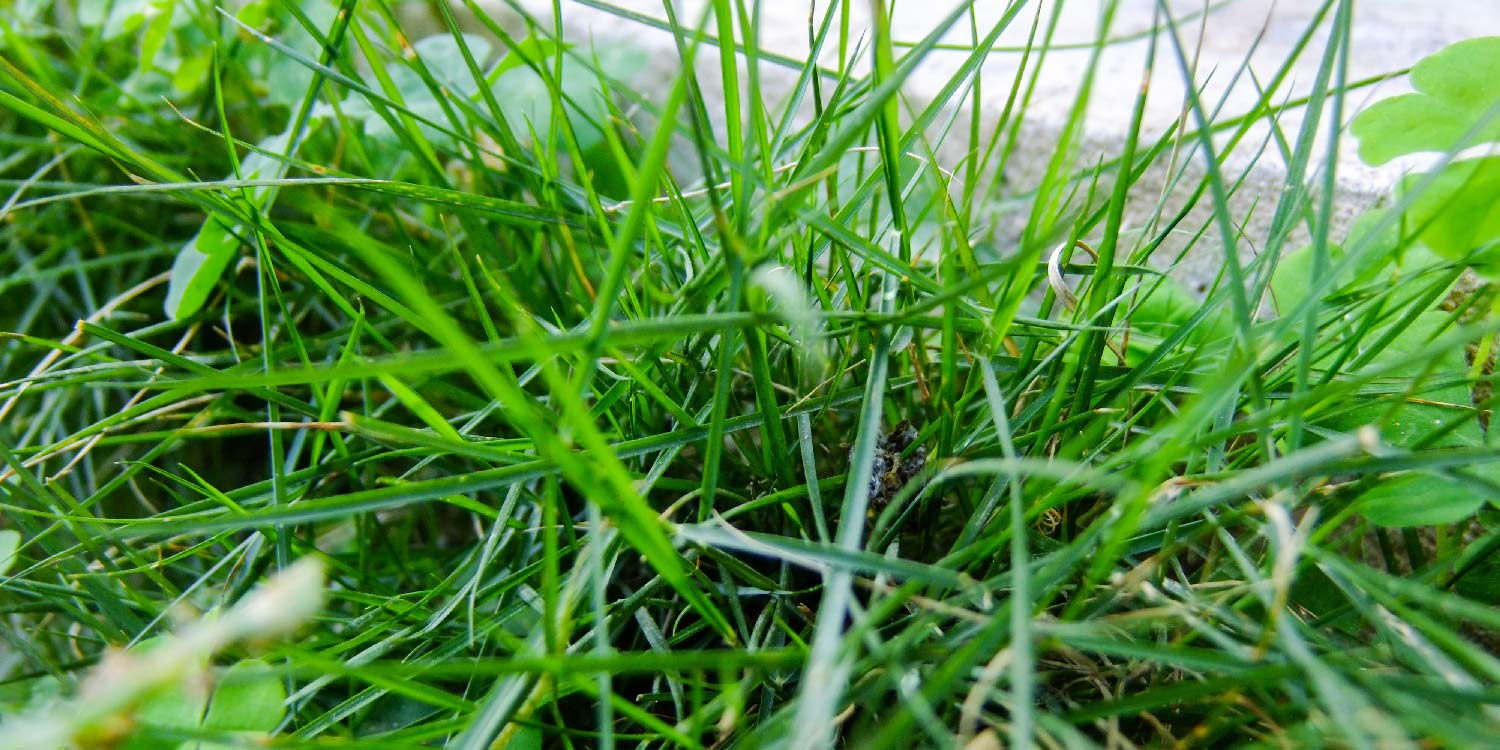
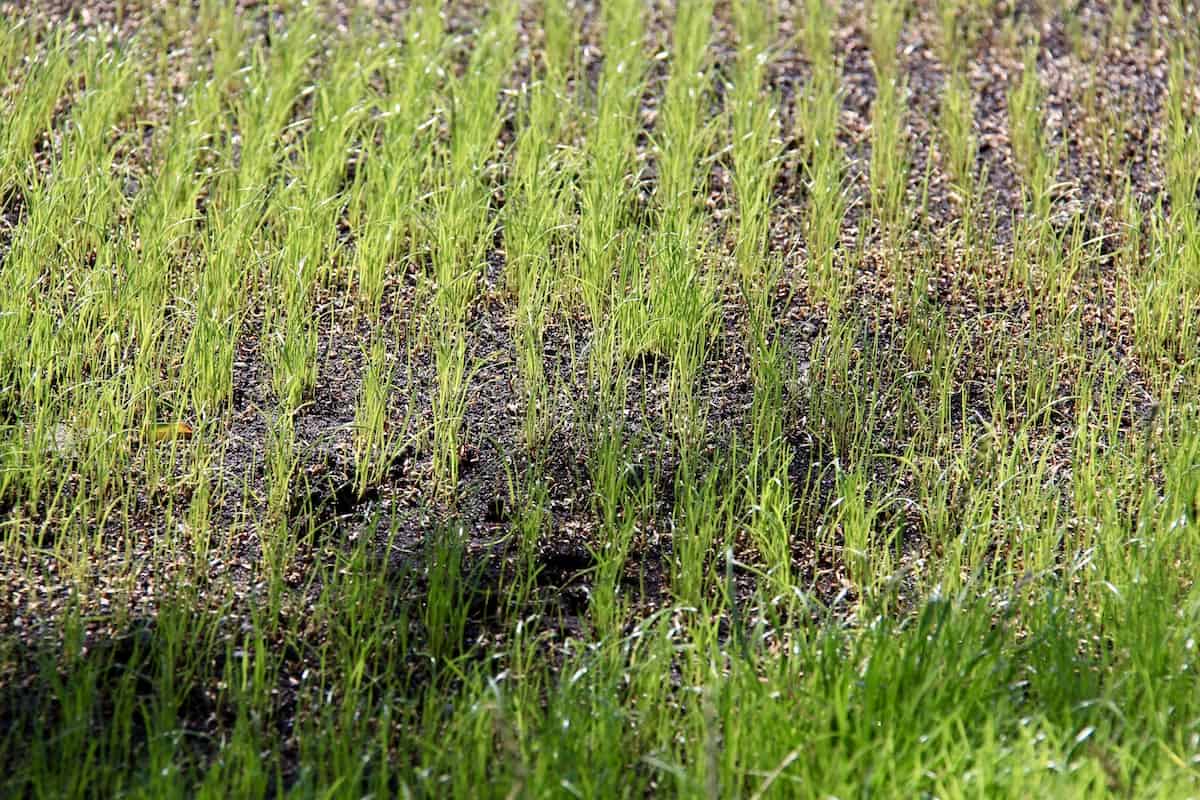
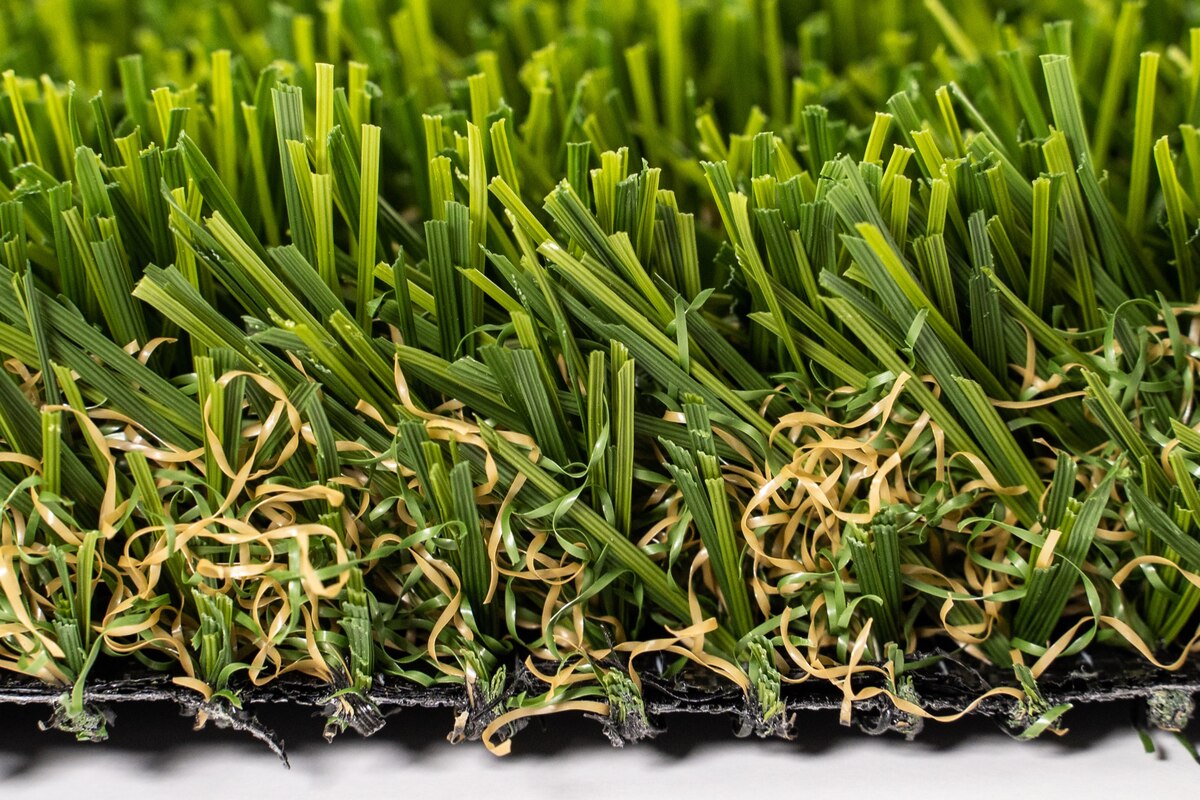

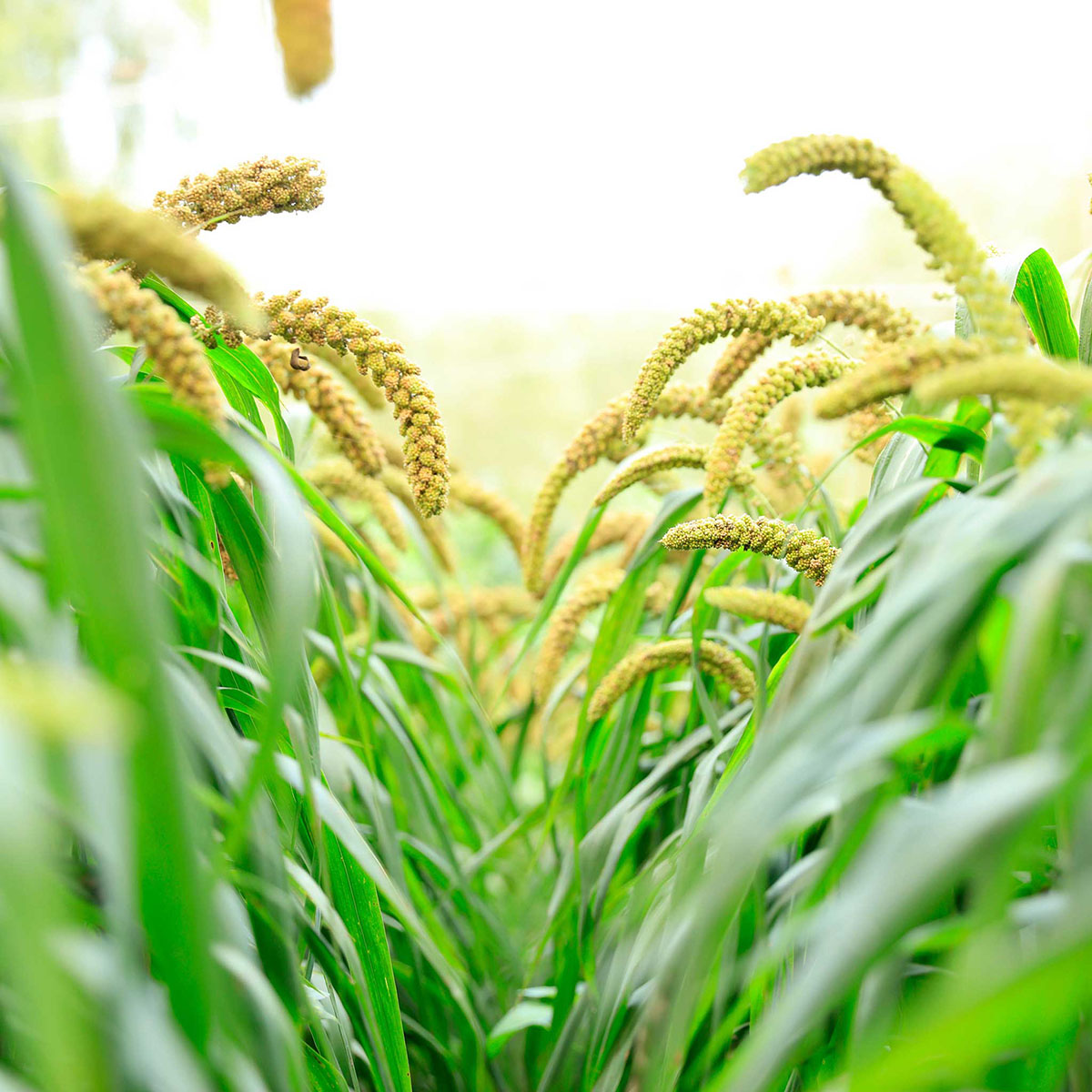




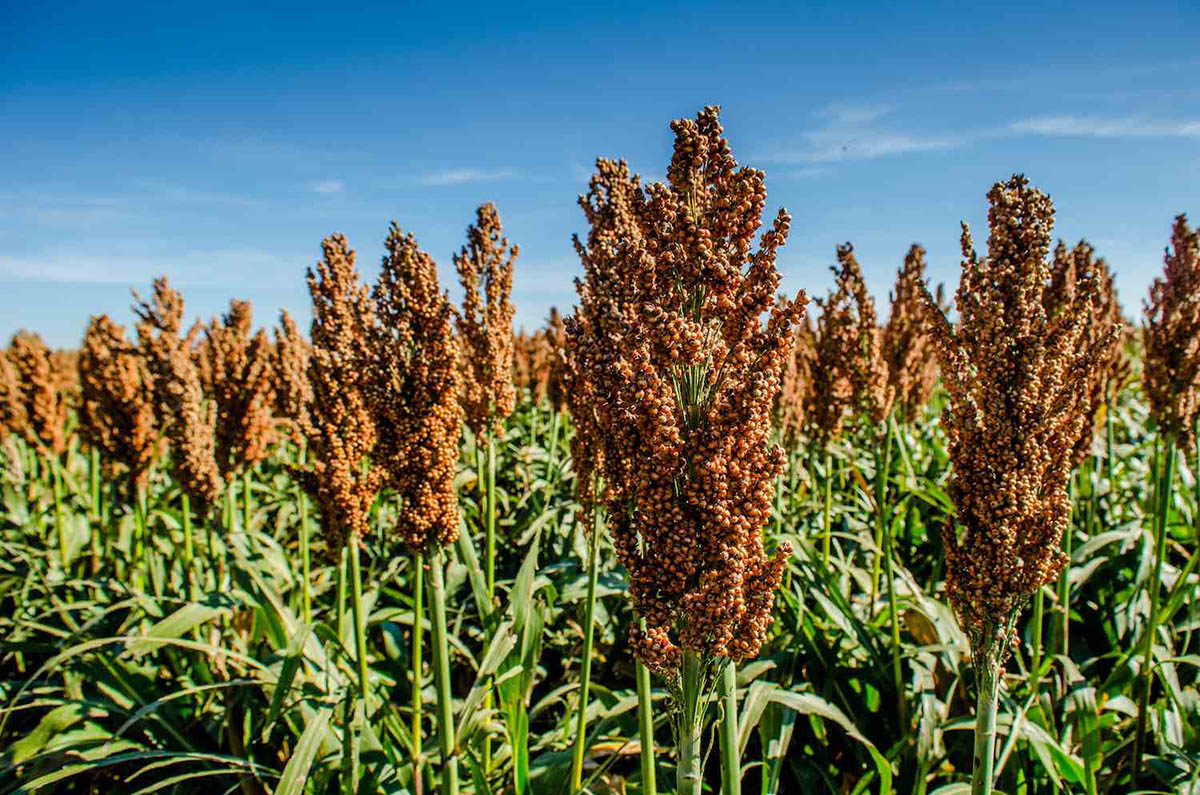
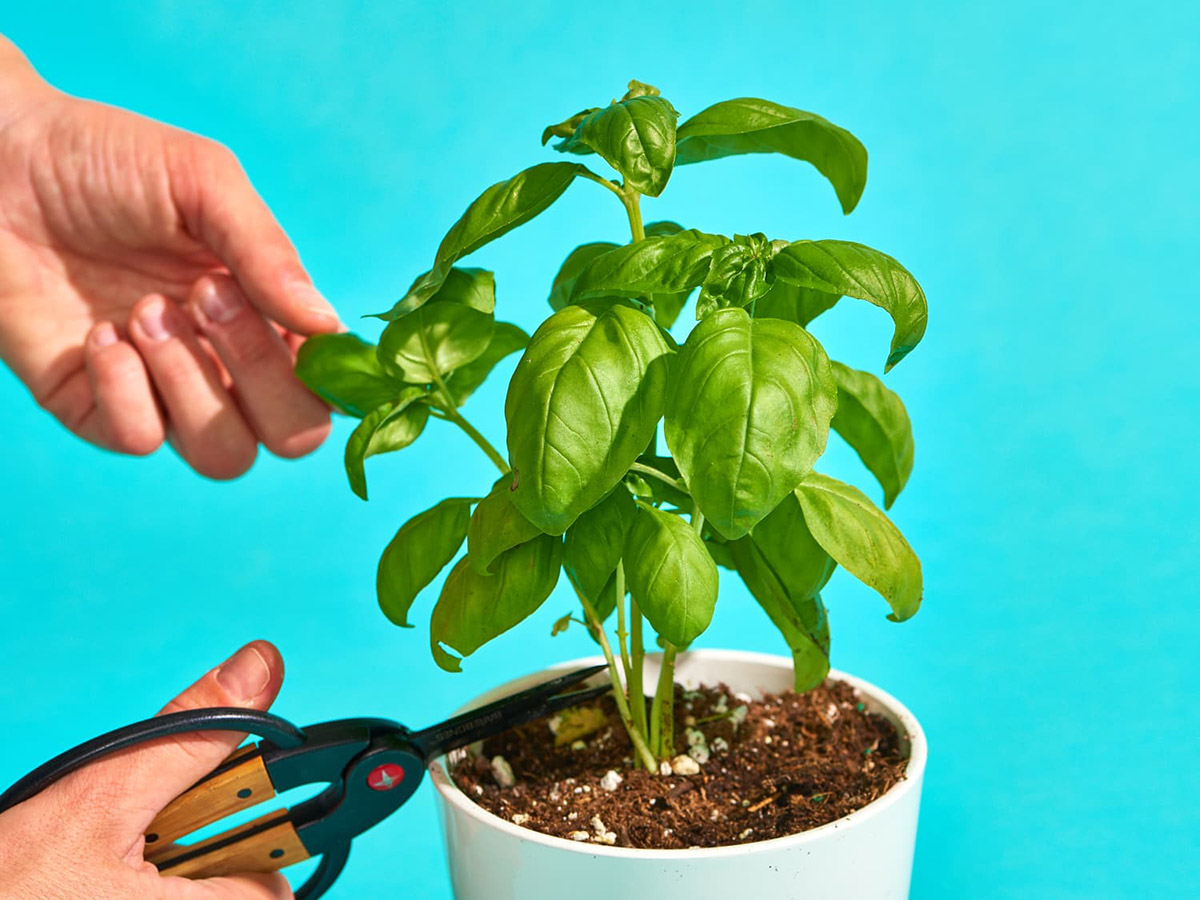
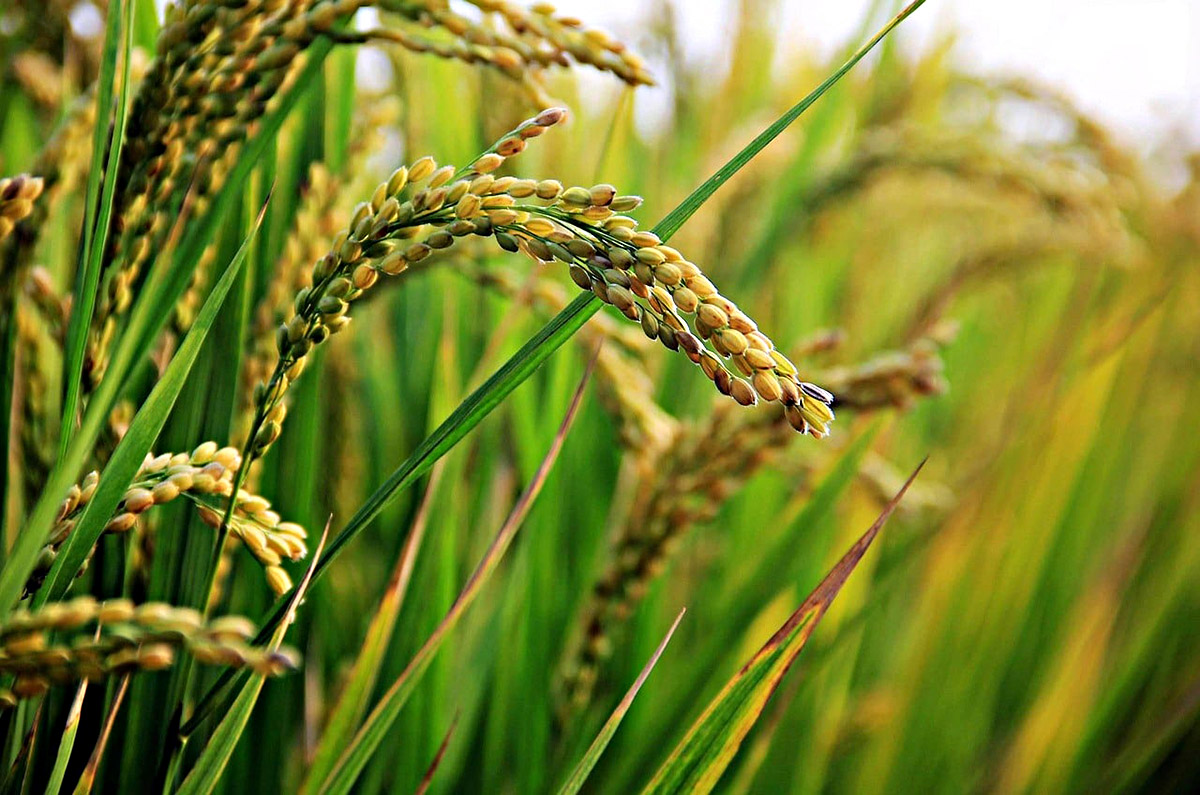



0 thoughts on “How Long Does It Take For Bent Grass To Germinate”